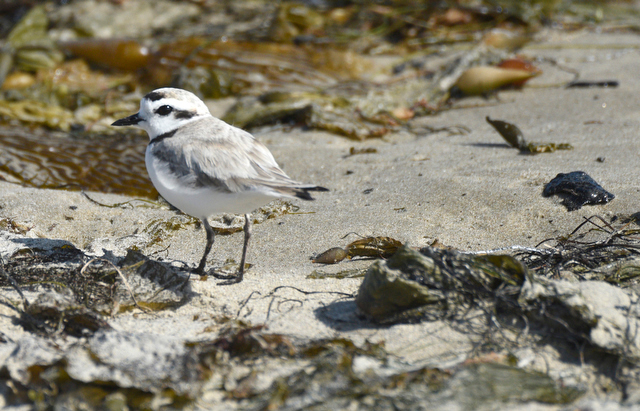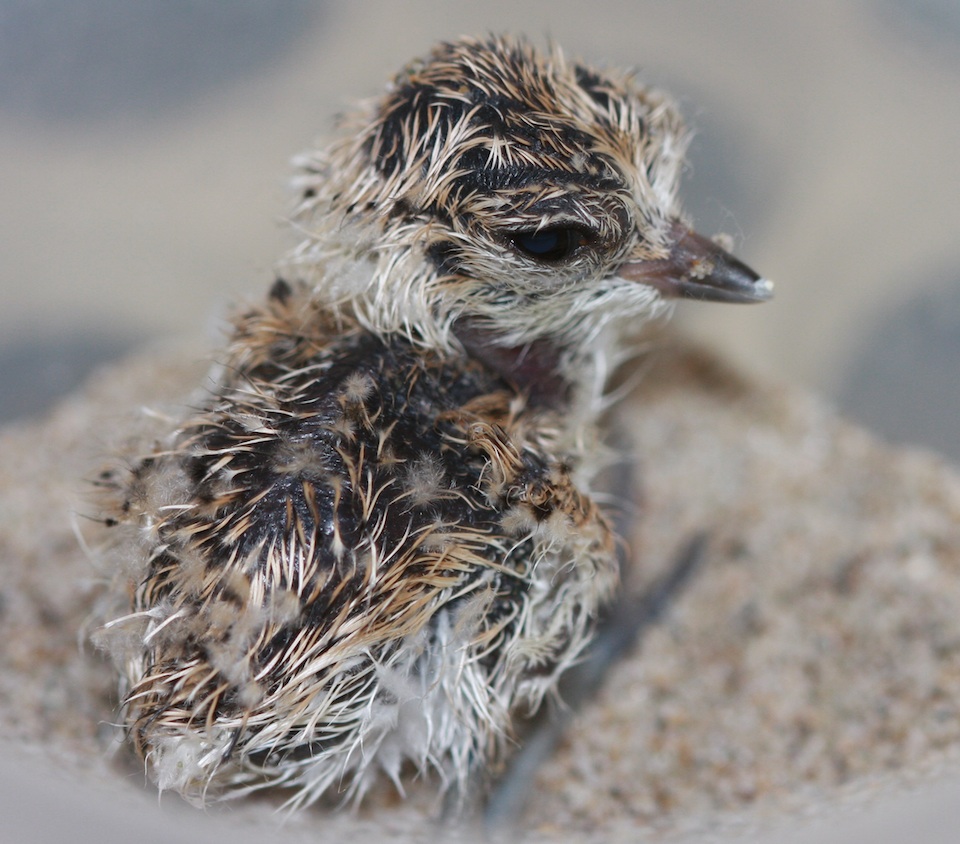Beach Closed for Plover Protection

The far reaches of Vandenberg Air Force Base skirt the Pacific Ocean, and there one of the remaining populations of the western snowy plover, on the threatened species list, hides its nests. The small shorebird is easily frightened from its eggs and young, which are well disguised and easily stepped on. Public use of Surf, Wall, and Minuteman beaches during nesting season is on an honor basis, but with 44 incursions into the posted plover zone, Air Force officials have closed Surf Beach until September 1, hoping to be able to open it again before the Labor Day holiday.
“We protect the snowy plover through beach closures, predator management, and habitat restoration to offset adverse effects of recreational beach use during the breeding season,” said Samantha Kaisersatt, a biological scientist with the 30th Civil Engineer Squadron. “In addition to closing sections of the beaches, there is a prohibition on dogs, horses, and kites.” It can take up to 30 days for a plover chick to hatch from the egg, said Kipp Callahan, a steward at Coal Oil Point, which is also a plover preserve.

Violations of the beach restriction can result in a fine as high as $5,000 in a federal court, and anyone entering the protected plover zone, much less crushing eggs or chicks, can be fined up to $50,000 and be in prison for a year. Though Surf is closed, Wall and Minuteman remain open, with plover nesting areas cordoned off to prevent access.


